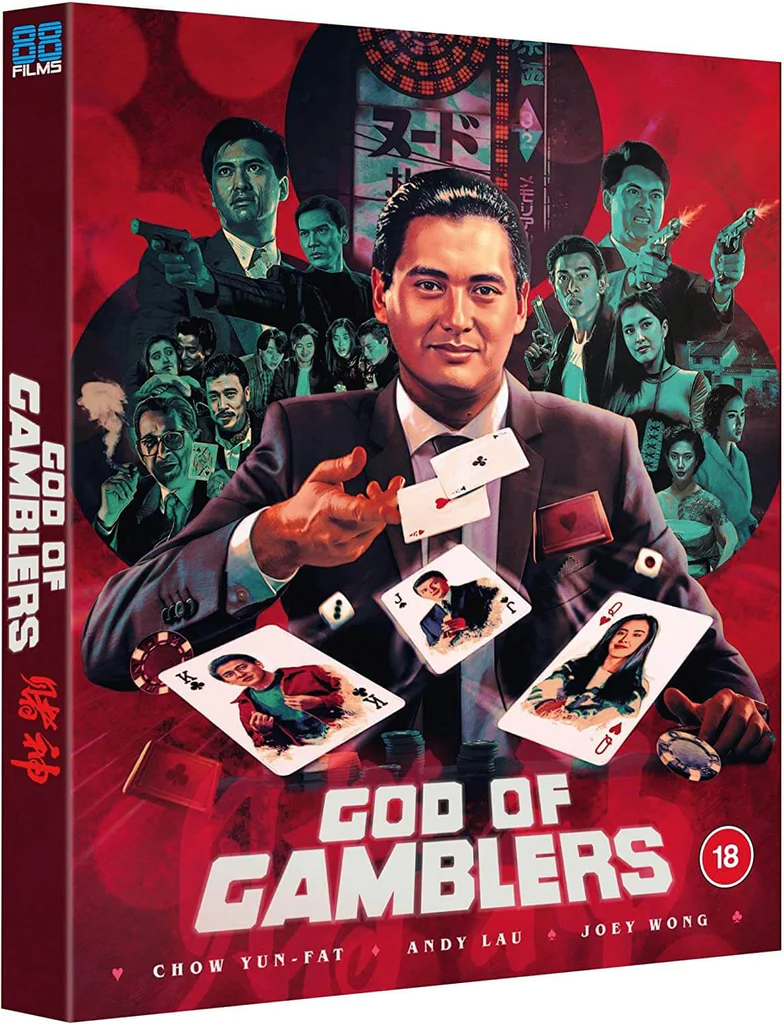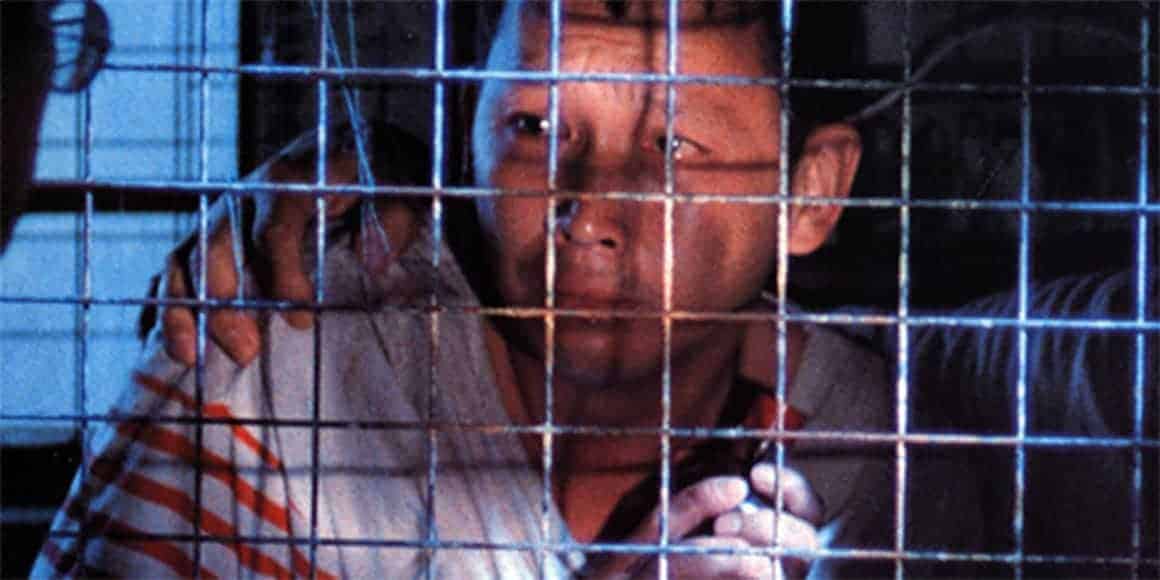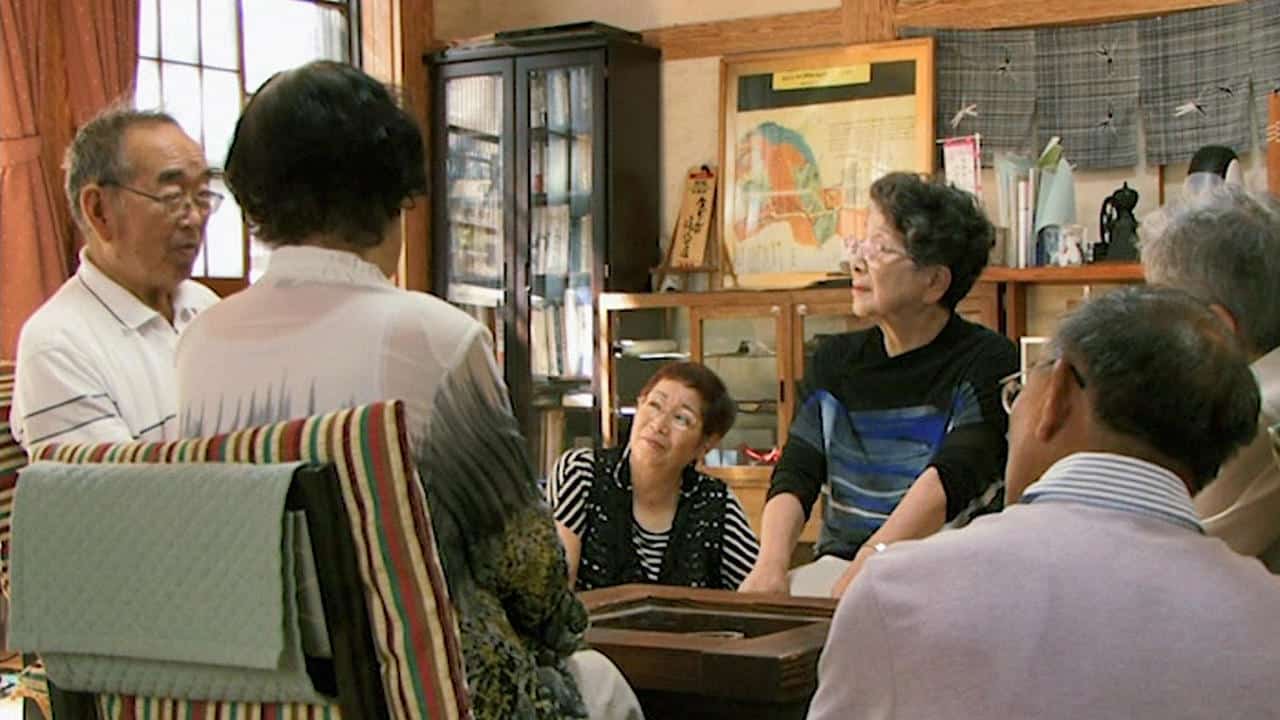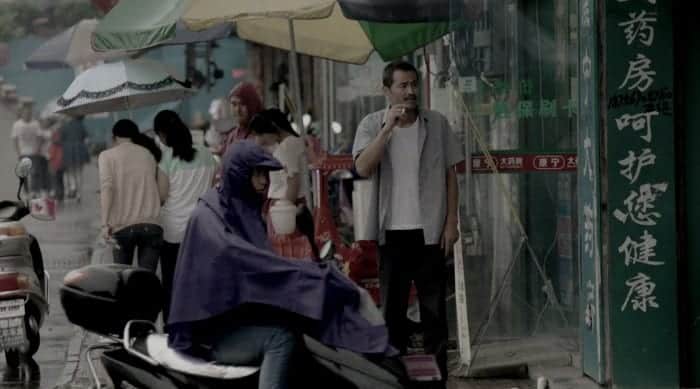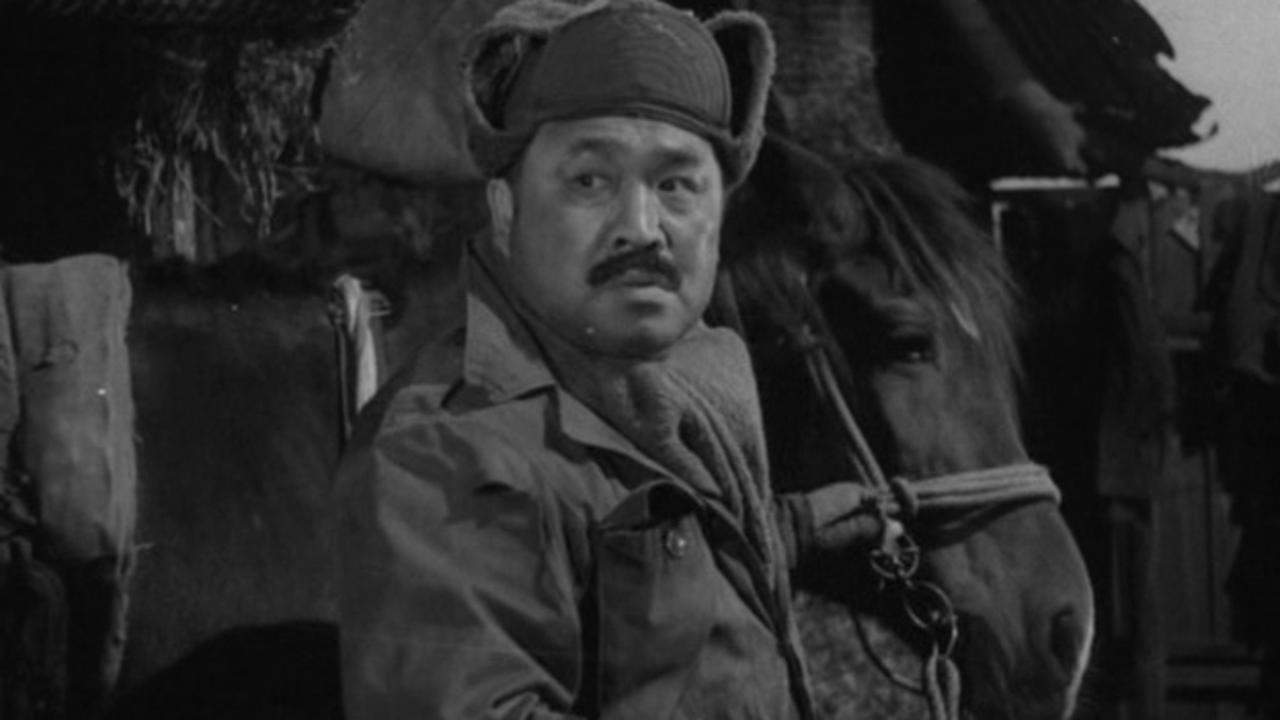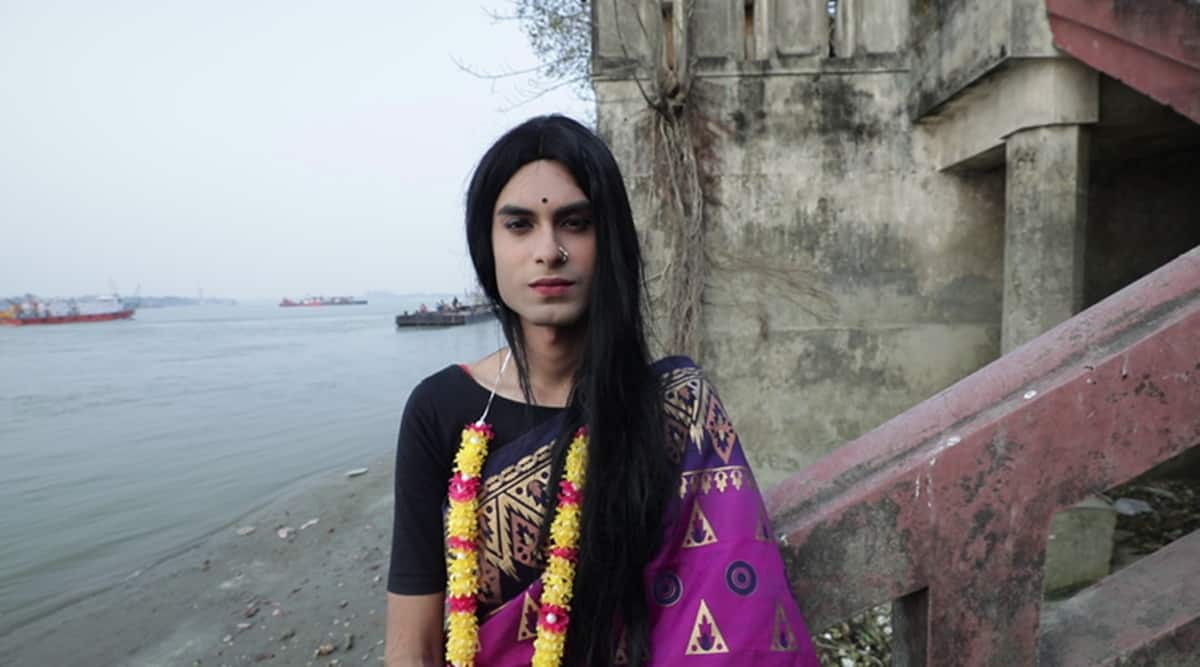Back in the distant days of VHS (showing my age here) over in the UK, there was a video label “Made in Hong Kong”. As I began to watch Hong Kong movies, I would await the next release with true fan boy excitement. The promo trailer reel that would open the release would invariably start with one I'm about to review and as soon as the theme hits, you immediately just want to watch it. So, does it hold up now over 30 years after its original release or has its charm faded into the midst of time?
Buy This Title
on Terracotta
Ko Chun (Chow Yun-fat) is the God of Gamblers, a man blessed with almost supernatural ability at the gambling table. After defeating Japan's finest Tanaka, he is asked by him for assistance in beating Chan Kam-sing aka the “Demon of Gamblers” who had driven Tanaka's father to suicide. By way of thanks, he assigns Dragon (Charles Heung) to be Ko Chun's bodyguard. After escaping a trap, Ko Chun inadvertently falls into one set up as a prank by Little Knife (Andy Lau) who is a low level criminal and mediocre gambler. Losing his memory and now reduced to a childlike state, he is looked after by Little Knife and his girlfriend (Joey Wang) who exploit his still considerable skills despite not knowing who he is. Ko Chun's ally Ko Yee, jealous of his success kills Ko Chun's girlfriend in a fit of rage and aligns with Chan Kam-sing. With stakes high, can Ko Chun recover his memory and take revenge?
You could spend forever arguing about which is the greatest film to come out of Hong Kong during the creative peak in the late 1980's to early 1990's. “God of Gamblers” I would argue is the movie that defines what Hong Kong Cinema was at the time. A whole mixture of ingredients thrown into a blender and somehow working despite itself. It's a movie that could only have been made in Hong Kong and at that particular time.

This is also a selection of Chow Yun-fat's greatest hits. We get to see both his comical side as the savant like “chocolate” and the suave, charismatic persona that in the West is probably more familiar. If “Project Gutenberg” was almost a celebration of his screen persona, then this is a celebration of his talent. It's an incredible (admittedly at times broad in the mid-section) performance that dominates proceedings. This film simply wouldn't work without him in the central role. Look at all the other gambling features that followed it and you can see the difference. Also, he holds together the numerous tonal changes that were so prevalent at the time, especially with Wong Jing at the helm.
Speaking on the infamous filmmaker, this is actually one of his most consistent pieces. The pure commercial instinct in him sees so often everything thrown at the screen to see what sticks. Incredibly, most of it does and creates some memorable moments. Be it the Michiko Nishiwaki cameo as the tattooed dice thrower to the spectacular twist full ending that makes “The Sting” seem positively pedestrian. It's just a pity he didn't pay full attention to his own work as the “Prequel” God of Gamblers movie that was to be released some years later completely forgets the revelation about the jade ring he wears, or the introduction of Lone Wolf! This is a crowd pleaser at all levels and it's clear that Wong Jing is paying attention here as the direction seems more focused, the scenes joined together mostly coherently and there is mercifully less of the slapstick nonsense that torpedoes so many of his lesserm more thrown together output.
Now I've argued that it defines what Hong Kong cinema was during the period of its creation, let's start with the subject matter. The gambling movie had always been present prior “Games Gamblers Play” for example and the accumulation of wealth was an aspirational goal in one of the most capitalist regions in the world. So, the idea of a gambler to be revered in such a way fits in with the society. We see loads of action films with warriors blessed with supernatural ability. This notion is just transferred over with Ko Chun's uncanny talent. The production itself is an example of pure commercialism. We have a backdrop that plays to the ideology of Hong Kong. The tonal changes are what we see so often with the switch from gambling scenes staged like duels, to slapstick comedy, violent action and back again. It plays to the local audience and this structure is familiar to regular watchers of Hong Kong cinema, but to the uninitiated, feels like a rollercoaster ride. Throw in the talents of Chow Yun-fat and Andy Lau who were among the biggest stars of the era and finally, Wong Jing himself the definition of a commercial filmmaker and you have the perfect time capsule in celluloid.
“God of Gamblers” is just pure entertainment. The gambling scenes feel like duels until we get to the climax where it is revelation after revelation. A theme that would reach almost absurd levels in the endless supply of cash in's that would follow. Here the surprises relatively make sense and don't insult one's intelligence. We even get a spot of heroic bloodshed style action thrown in for good measure, along with some other well shot action sequences. If the middle section appears to drag a little that's more because the supporting characters take up more of the screen time. It's not bad as such, more that this is the Chow Yun-fat show and he simply outshines everyone else. Finally, the theme music, one of the most memorable and hummable in Hong Kong Cinema
In summary, just sit back, relax and enjoy a classic. If it seems to confuse with all the tonal changes, just embrace the chaos and marvel at the performance of Chow Yun-fat.



